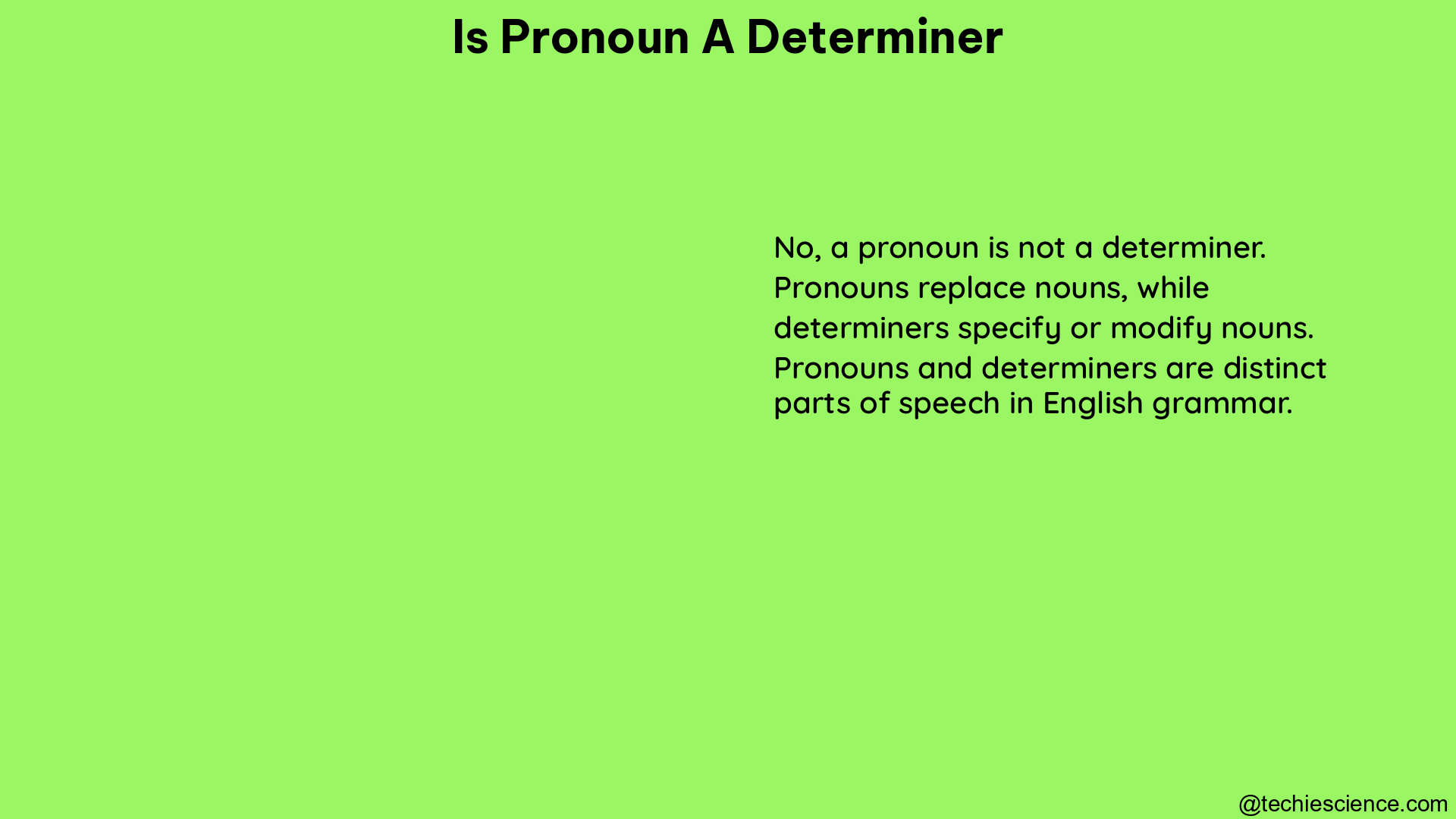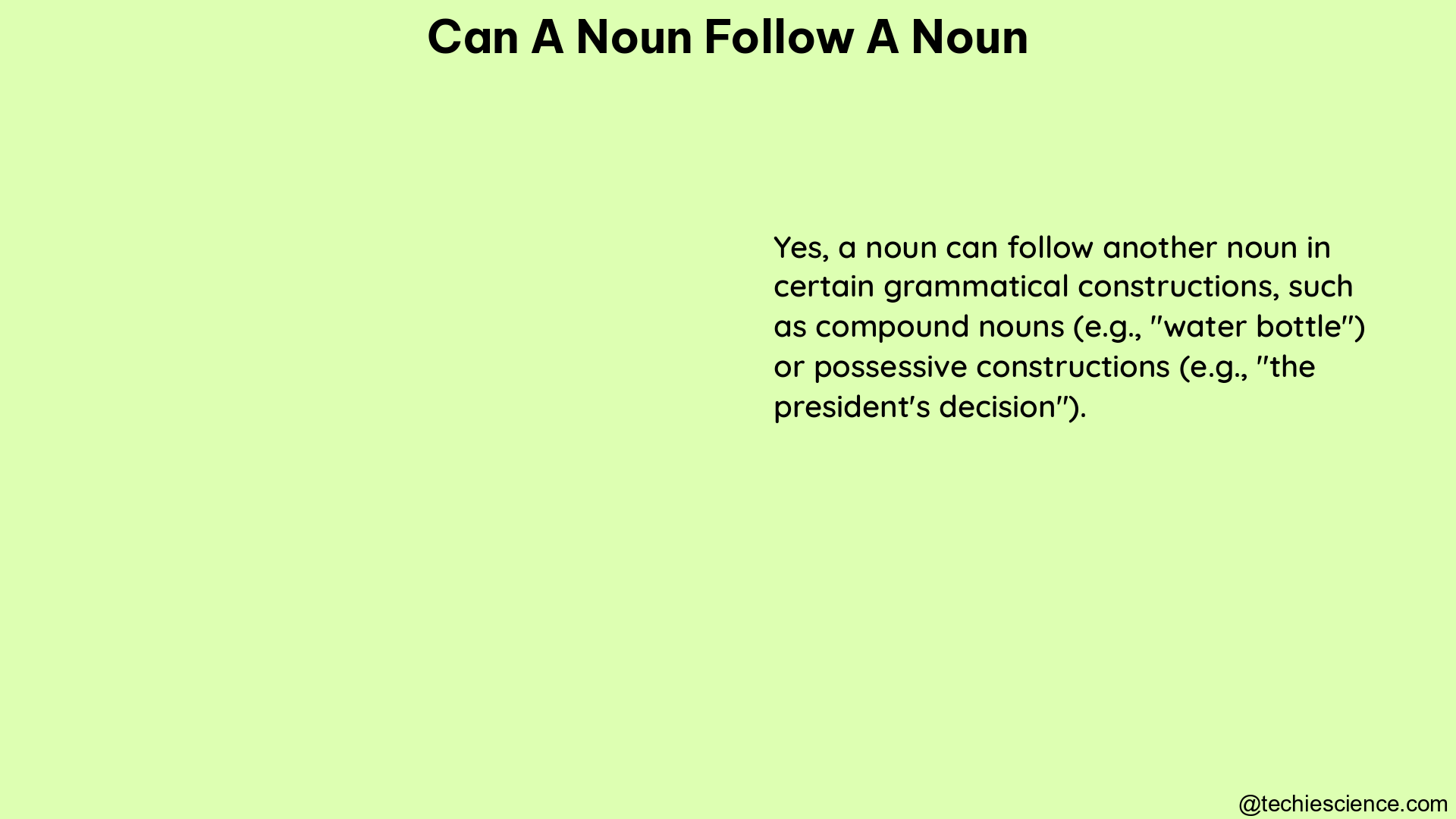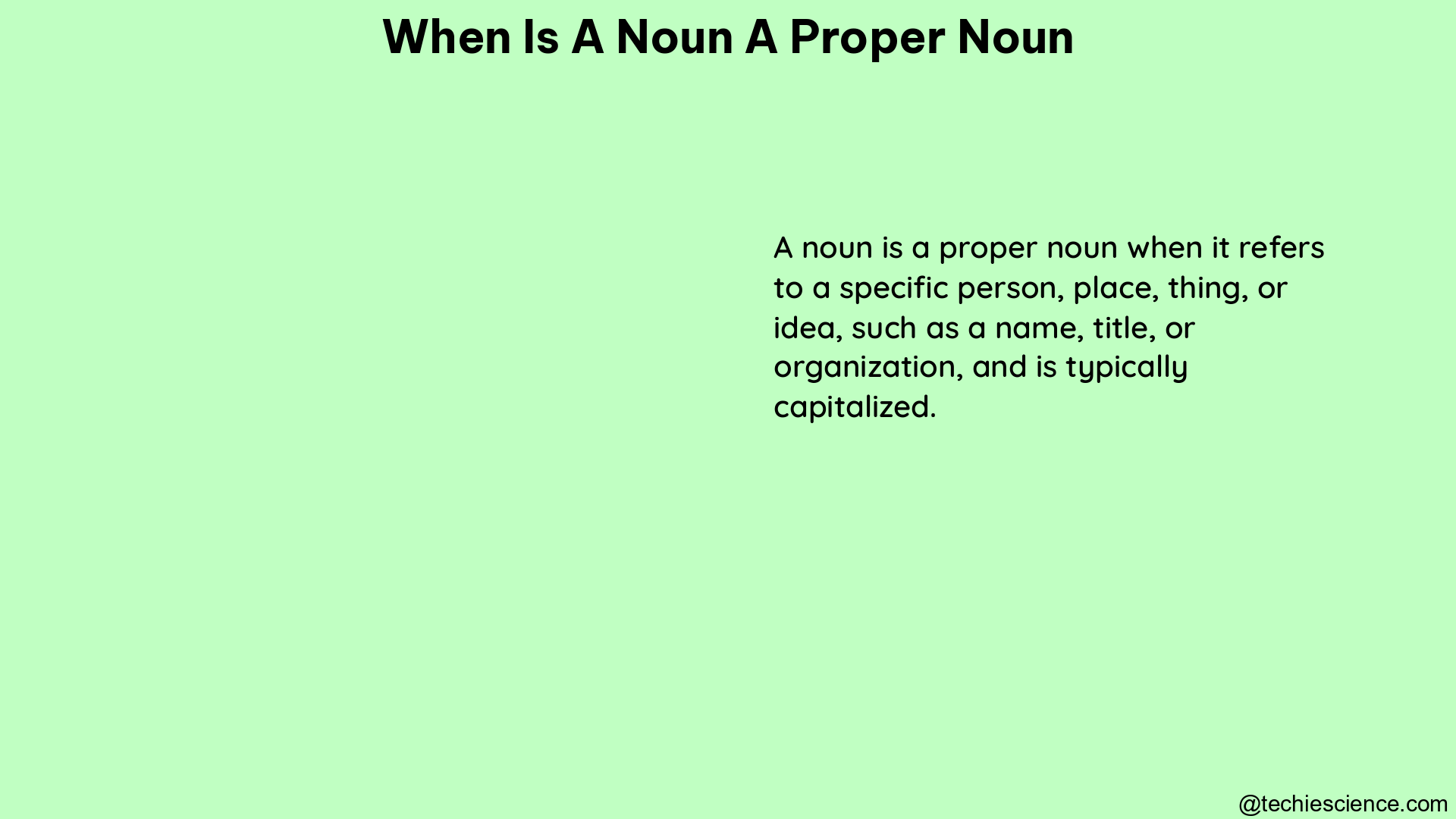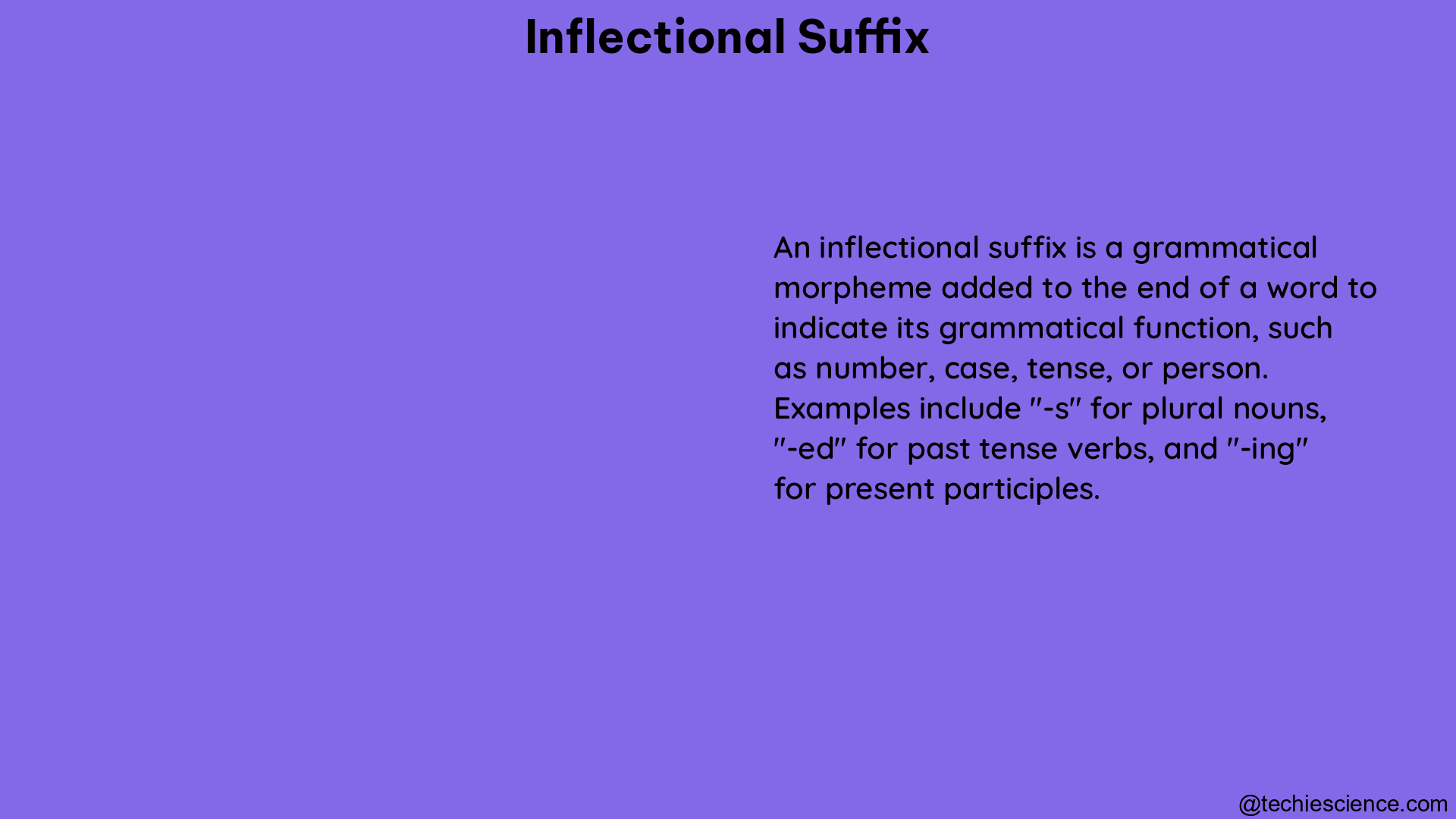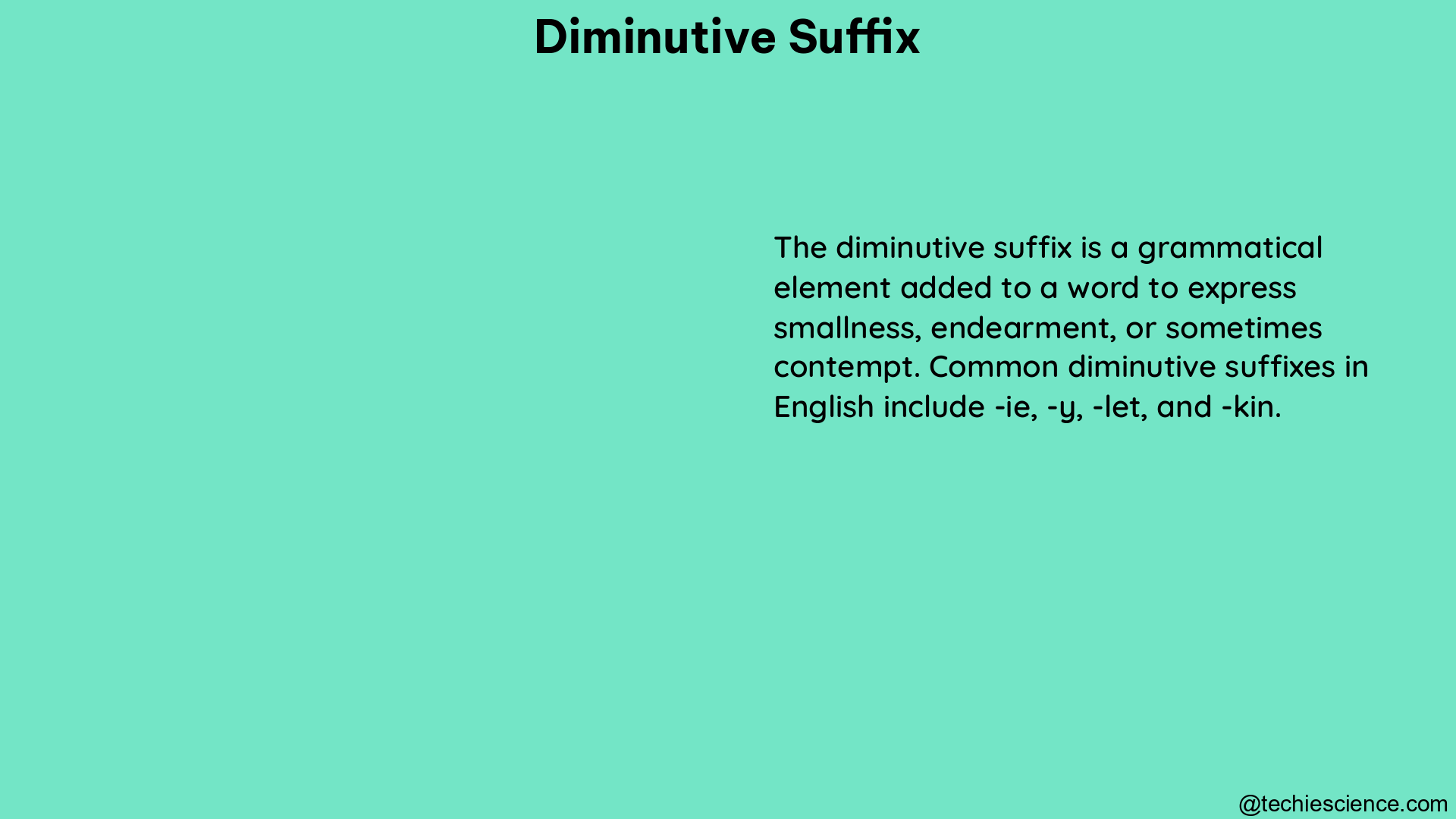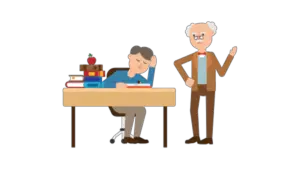A fused sentence is when a sentence consists of two independent clauses that are incorrectly linked. Such sentences are also known as run-on sentences. They are quite long and confusing to read. There are many common grammar mistakes people make while speaking and writing English. In this article we’re going to take a look at some fused sentence examples.
- He ran away she followed him to his place.
- He made pancakes for breakfast he ate them all in one go.
- She was sad she put on her favorite movie.
- We wanted to eat pizza he wanted to eat a burger.
- I bought a dress it fits me perfectly.
- She came first in class she loves studying.
- We were out of milk we asked the neighbor’s if we could borrow some from them.
- I have been working on my book and thesis for two years it’s almost done now.
- The student needs to make small changes to her assignment she will submit it by tomorrow.
- He wanted to be a part of the drama club he wants to play a lead role in the upcoming play.
- We went for a college trip to a hill station we had a really good time.
- We five have been friends for ten years we are inseparable.
- She is a great person she’s an even greater friend.
- We’re going sightseeing it’s our favorite vacation activity.
- He looks a lot like his great-grandfather he was a very handsome man.
Fused sentence corrections
1. He ran away she followed him to his place.
- Correction 1- He ran away; she followed him to his place.
A semi-colon has been used to divide the sentence into more sensible clauses.
- Correction 2- He ran away. She followed him to his place.
A full stop has been used to divide the sentence into more sensible tinier sentences.
- Correction 3- He ran away so she followed him to his place.
A coordinating conjunction ‘so’ has been added to correct the fused sentence.
2. He made pancakes for breakfast he ate them all in one go.
- Correction 1- He made pancakes for breakfast; he ate them all in one go.
A semi-colon has been used to divide the sentence into more sensible clauses.
- Correction 2- He made pancakes for breakfast. He ate them all in one go.
A full stop has been used to divide the sentence into more sensible tinier sentences.
- Correction 3- He made pancakes for breakfast and he ate them all in one go.
A coordinating conjunction ‘and’ has been added to correct the fused sentence.
3. She was sad she put on her favorite movie.
- Correction 1- She was sad; she put on her favorite movie
A semi-colon has been used to divide the sentence into more sensible clauses.
- Correction 2- She was sad. She put on her favorite movie.
A full stop has been used to divide the sentence into more sensible tinier sentences.
- Correction 3- She was sad so she put on her favorite movie.
A coordinating conjunction ‘so’ has been added to correct the fused sentence.
4. We wanted to eat pizza he wanted to eat a burger.
- Correction 1- We wanted to eat pizza; he wanted to eat a burger.
A semi-colon has been used to divide the sentence into more sensible clauses.
- Correction 2- We wanted to eat pizza. He wanted to eat a burger.
A full stop has been used to divide the sentence into more sensible tinier sentences.
- Correction 3- We wanted to eat pizza but he wanted to eat a burger.
A coordinating conjunction ‘but’ has been added to correct the fused sentence.
5. I bought a dress it fits me perfectly.
- Correction 1- I bought a dress; it fits me perfectly.
A semi-colon has been used to divide the sentence into more sensible clauses.
- Correction 2- I bought a dress. It fits me perfectly.
A full stop has been used to divide the sentence into more sensible tinier sentences.
- Correction 3- I bought a dress that fits me perfectly.
A coordinating conjunction ‘that’ has been added to correct the fused sentence.
6. She came first in class she loves studying.
- Correction 1- She came first in class; she loves studying.
A semi-colon has been used to divide the sentence into more sensible clauses.
- Correction 2- She came first in class. She loves studying.
A full stop has been used to divide the sentence into more sensible tinier sentences.
- Correction 3- She came first in class since she loves studying.
A coordinating conjunction ‘since’ has been added to correct the fused sentence.
7. We were out of milk we asked the neighbor’s if we could borrow some from them.
- Correction 1- We were out of milk; we asked the neighbor’s if we could borrow some from them.
A semi-colon has been used to divide the sentence into more sensible clauses.
- Correction 2- We were out of milk. We asked the neighbor’s if we could borrow some from them.
A full stop has been used to divide the sentence into more sensible tinier sentences.
- Correction 3- We were out of milk so we asked the neighbor’s if we could borrow some from them.
A coordinating conjunction ‘so’ has been added to correct the fused sentence.
8. I have been working on my book and thesis for two years it’s almost done now.
- Correction 1- I have been working on my book and thesis for two years; it’s almost done now.
A semi-colon has been used to divide the sentence into more sensible clauses.
- Correction 2- I have been working on my book and thesis for two years. It’s almost done now.
A full stop has been used to divide the sentence into more sensible tinier sentences.
- Correction 3- I have been working on my book and thesis for two years and it’s almost done now.
A coordinating conjunction ‘and’ has been added to correct the fused sentence.
9. The student needs to make small changes to her assignment she will submit it by tomorrow.
- Correction 1- The student needs to make small changes to her assignment; she will submit it by tomorrow.
A semi-colon has been used to divide the sentence into more sensible clauses.
- Correction 2- The student needs to make small changes to her assignment. She will submit it by tomorrow.
A full stop has been used to divide the sentence into more sensible tinier sentences.
- Correction 3- The student needs to make small changes to her assignment so she will submit it by tomorrow.
A coordinating conjunction ‘so’ has been added to correct the fused sentence.
10. He wanted to be a part of the drama club he wants to play a lead role in the upcoming play.
- Correction 1- He wanted to be a part of the drama club; he wants to play a lead role in the upcoming play.
A semi-colon has been used to divide the sentence into more sensible clauses.
- Correction 2- He wanted to be a part of the drama club. He wants to play a lead role in the upcoming play.
A full stop has been used to divide the sentence into more sensible tinier sentences.
- Correction 3- He wanted to be a part of the drama club because he wants to play a lead role in the upcoming play.
A coordinating conjunction ‘because’ has been added to correct the fused sentence.
11. We went for a college trip to a hill station we had a really good time.
- Correction 1- We went for a college trip to a hill station; we had a really good time.
A semi-colon has been used to divide the sentence into more sensible clauses.
- Correction 2- We went for a college trip to a hill station. We had a really good time.
A full stop has been used to divide the sentence into more sensible tinier sentences.
- Correction 3- We went for a college trip to a hill station and we had a really good time.
A coordinating conjunction ‘and’ has been added to correct the fused sentence.
12. We five have been friends for ten years we are inseparable.
- Correction 1- We five have been friends for ten years; we are inseparable.
A semi-colon has been used to divide the sentence into more sensible clauses.
- Correction 2- We five have been friends for ten years. We are inseparable.
A full stop has been used to divide the sentence into more sensible tinier sentences.
- Correction 3- We five have been friends for ten years therefore we are inseparable.
A coordinating conjunction ‘therefore’ has been added to correct the fused sentence.
13. She is a great person she’s an even greater friend.
- Correction 1- She is a great person; she’s an even greater friend.
A semi-colon has been used to divide the sentence into more sensible clauses.
- Correction 2- She is a great person. She’s an even greater friend.
A full stop has been used to divide the sentence into more sensible tinier sentences.
- Correction 3- She is a great person and an even greater friend.
A coordinating conjunction ‘and’ has been added to correct the fused sentence.
The word ‘she’s’ in the second clause has also been omitted.
14. We’re going sightseeing it’s our favorite vacation activity.
- Correction 1- We’re going sightseeing; it’s our favorite vacation activity.
A semi-colon has been used to divide the sentence into more sensible clauses.
- Correction 2- We’re going sightseeing. It’s our favorite vacation activity.
A full stop has been used to divide the sentence into more sensible tinier sentences.
- Correction 3- We’re going sightseeing since it’s our favorite vacation activity.
A coordinating conjunction ‘since’ has been added to correct the fused sentence.
15. He looks a lot like his great-grandfather he was a very handsome man.
- Correction 1- He looks a lot like his great-grandfather; he was a very handsome man.
A semi-colon has been used to divide the sentence into more sensible clauses.
- Correction 2- He looks a lot like his great-grandfather. He was a very handsome man.
A full stop has been used to divide the sentence into more sensible tinier sentences.
- Correction 3- He looks a lot like his great-grandfather who was a very handsome man.
A coordinating conjunction ‘who’ has been added to correct the fused sentence.
The word ‘he’ in the second clause has also been omitted.
How to fix a fused sentence?
- Fused sentences can be fixed by being divided into smaller, more sensible sentences.
- They may be divided by full stops, commas, colons, or even semi-colons.
- Sometimes, they need not be divided but can be made to make sense by adding conjunctions.
- One can add a coordinating conjunction in the middle of a sentence by identifying the area of the sentence that needs said correction.
- One needs to read such sentences very carefully to highlight the mistake and make changes wherever possible.
